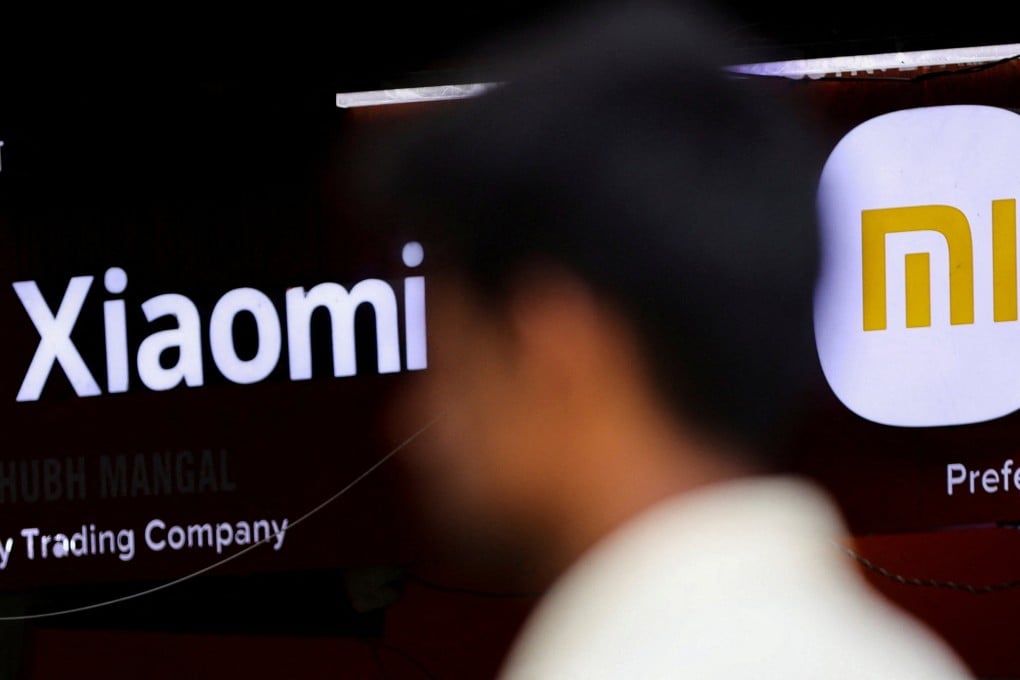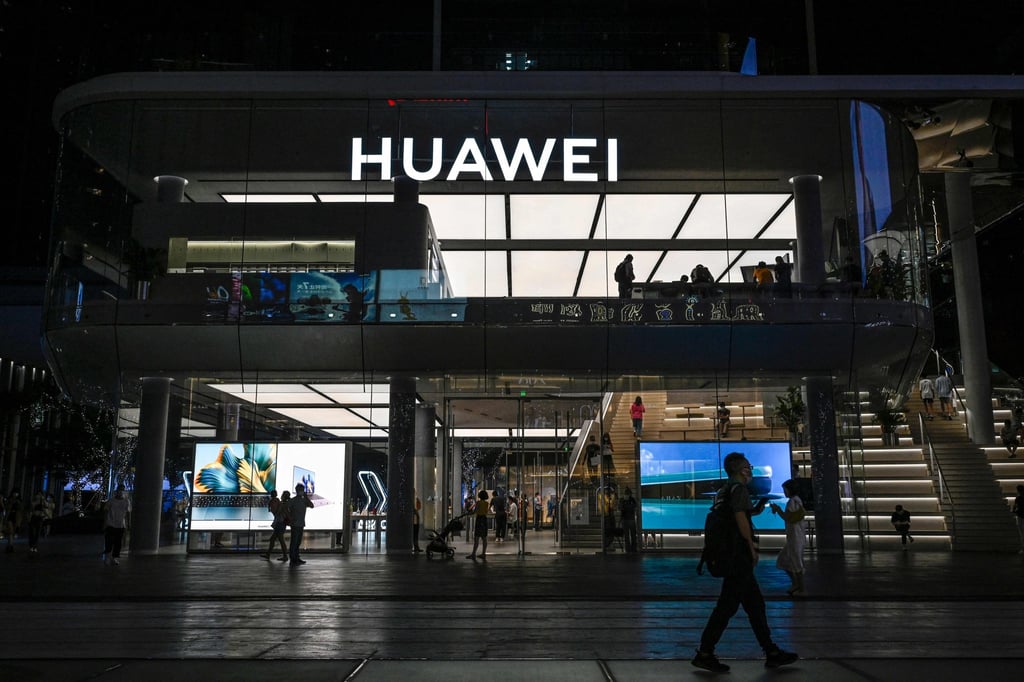Xiaomi launches home-grown cross-device system with HyperOS, as US-sanctioned Huawei moves further from Google’s Android
- The new HyperOS forms Xiaomi’s effort to create a single system that works across smartphones, vehicles and IoT home products
- Meanwhile, Huawei is aiming to stop supporting Android apps on its HarmonyOS devices with next year’s launch of the Next system

Xiaomi described HyperOS, its recently introduced OS, as a combination of a highly customised Android system and the company’s proprietary Internet of Things (IoT) platform Vela, launched three years ago to support a range of smart devices from wristbands and smartwatches to speakers, home appliances and sensors.
The Beijing-based firm touted HyperOS as a “human-centric” OS that is a culmination of efforts to bring its vast and expanding product portfolio under the roof of one single OS for centralised and easier management.
HyperOS will come pre-installed on the latest Xiaomi 14 smartphone series, as well as devices launched in the mainland Chinese market, such as smartwatches and televisions, the company said.

Xiaomi is not the only Chinese company that has taken a shot at developing a home-grown OS. Huawei Technologies, one of the first domestic handset makers to make such an attempt, is now preparing a bolder move with next year’s launch of the HarmonyOS Next system.
The Next system is Huawei’s attempt to sever its ties with the Android ecosystem by removing support for Android apps on Huawei devices equipped with its new OS.
